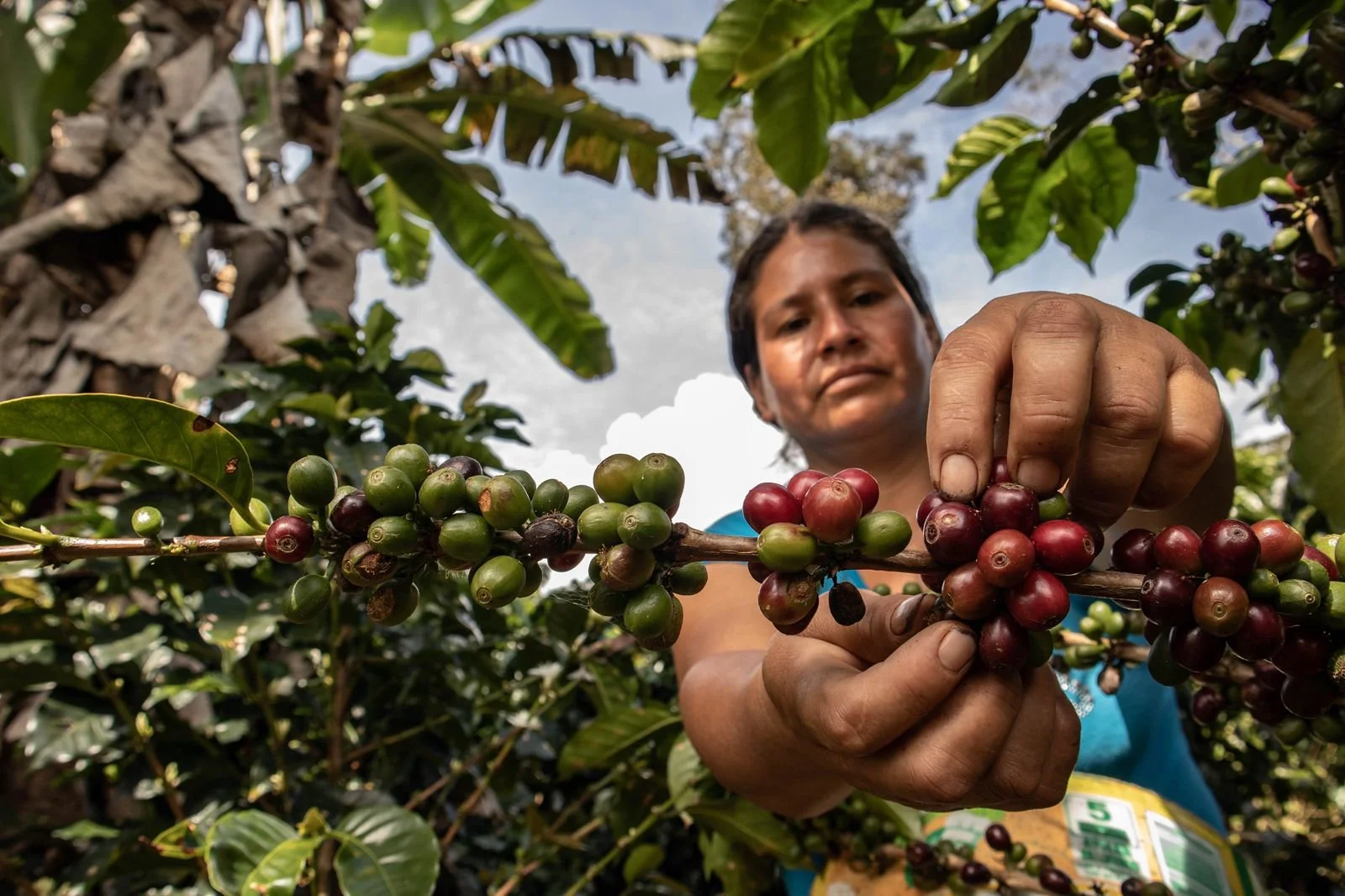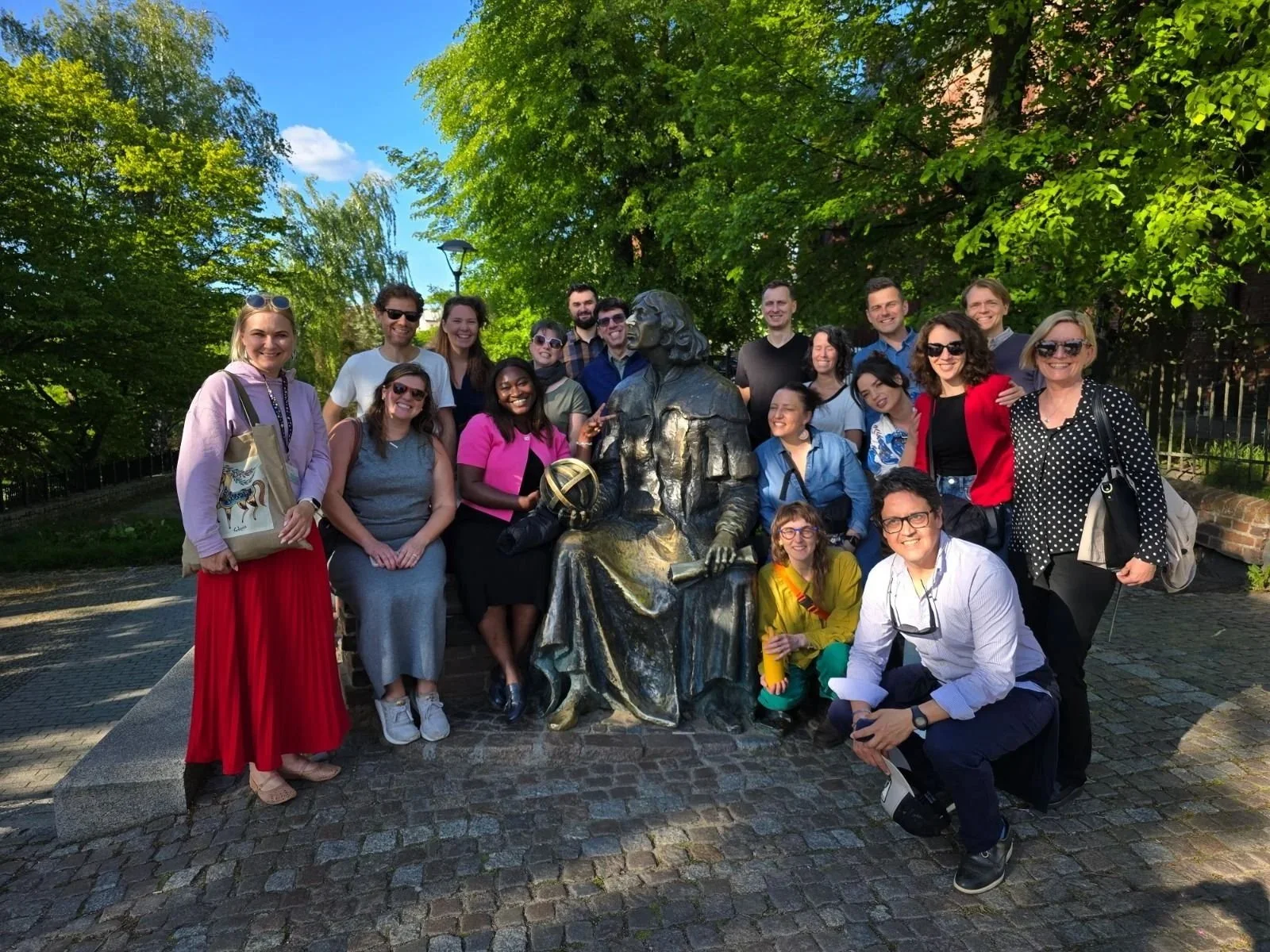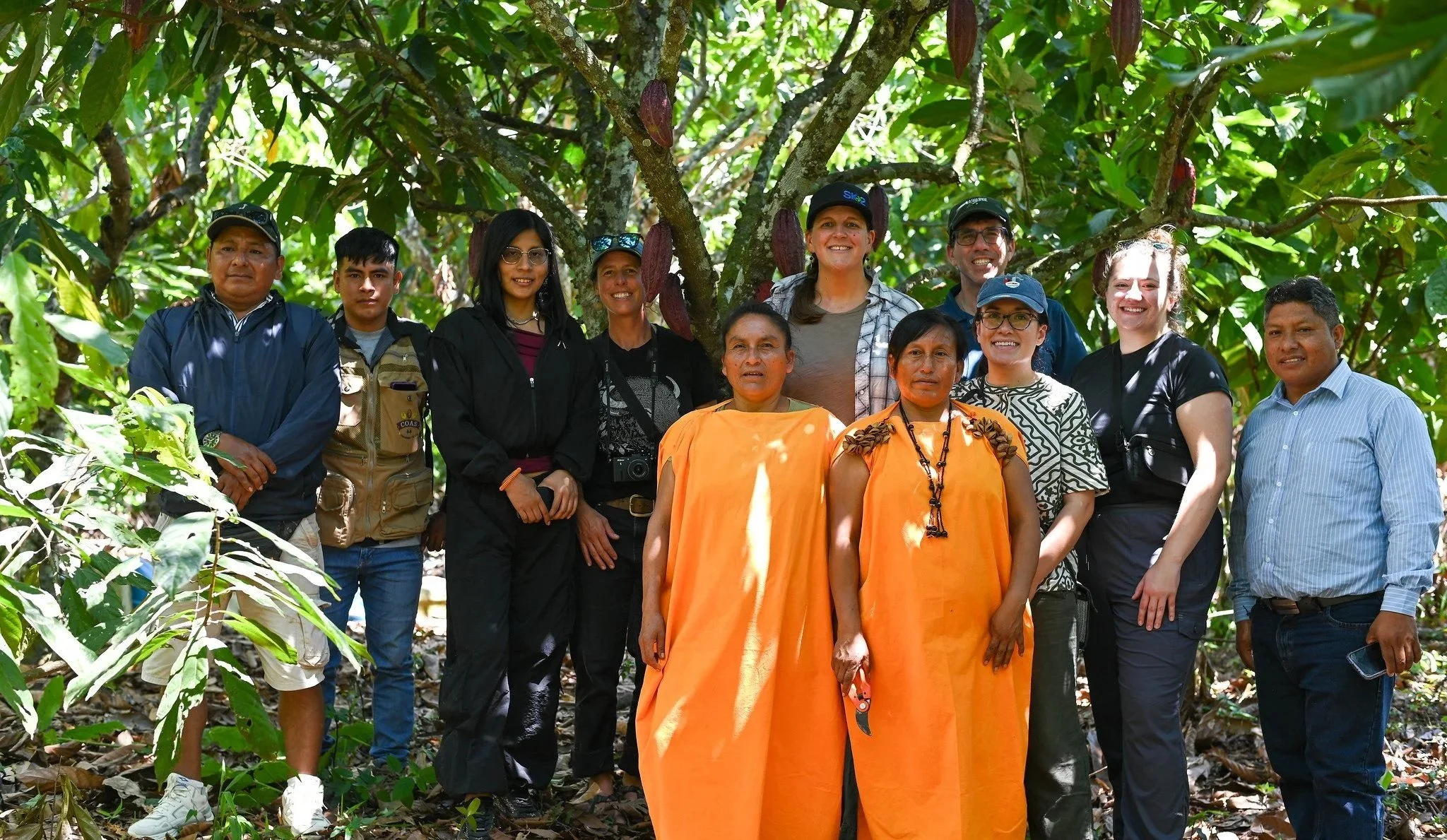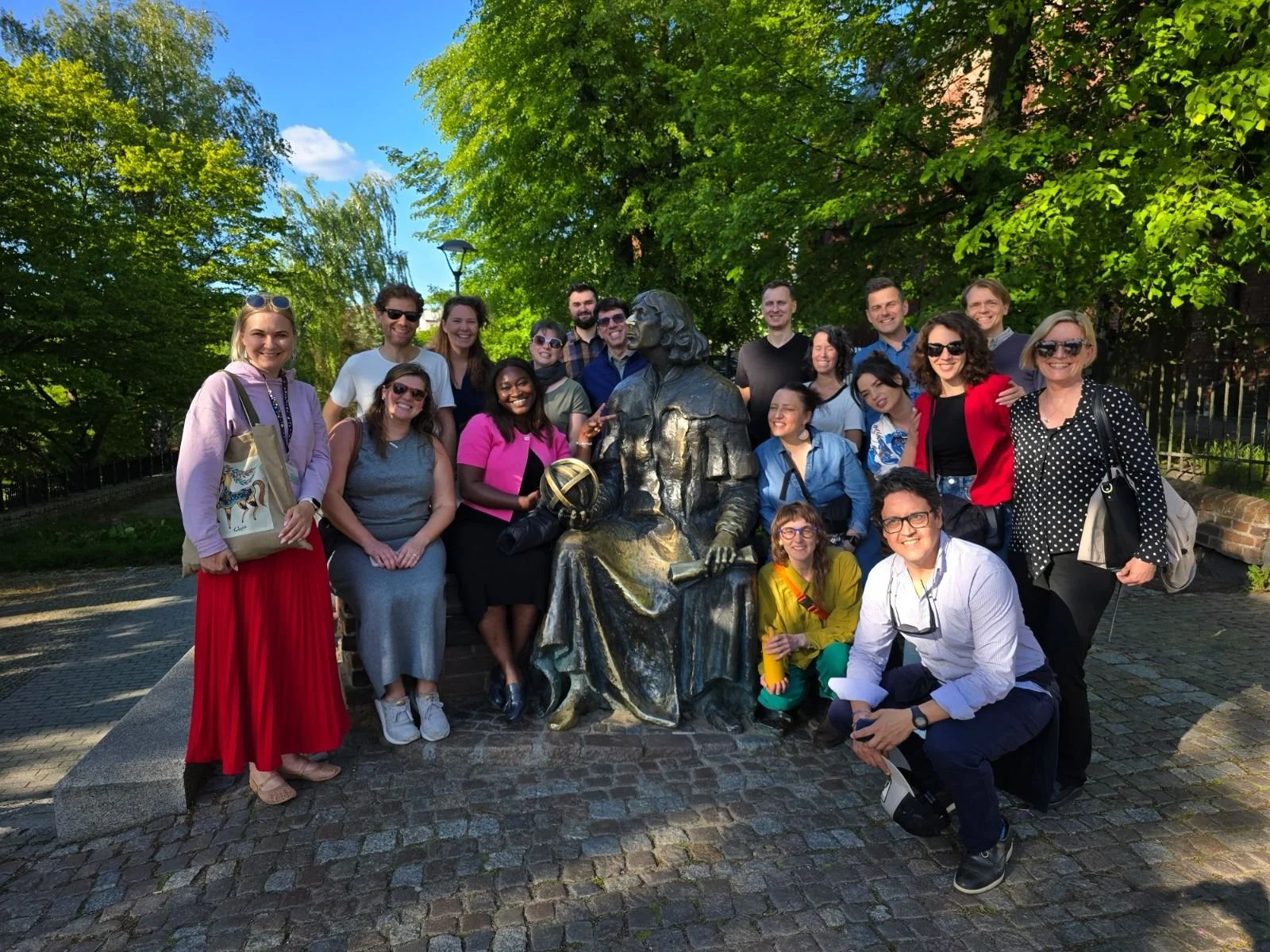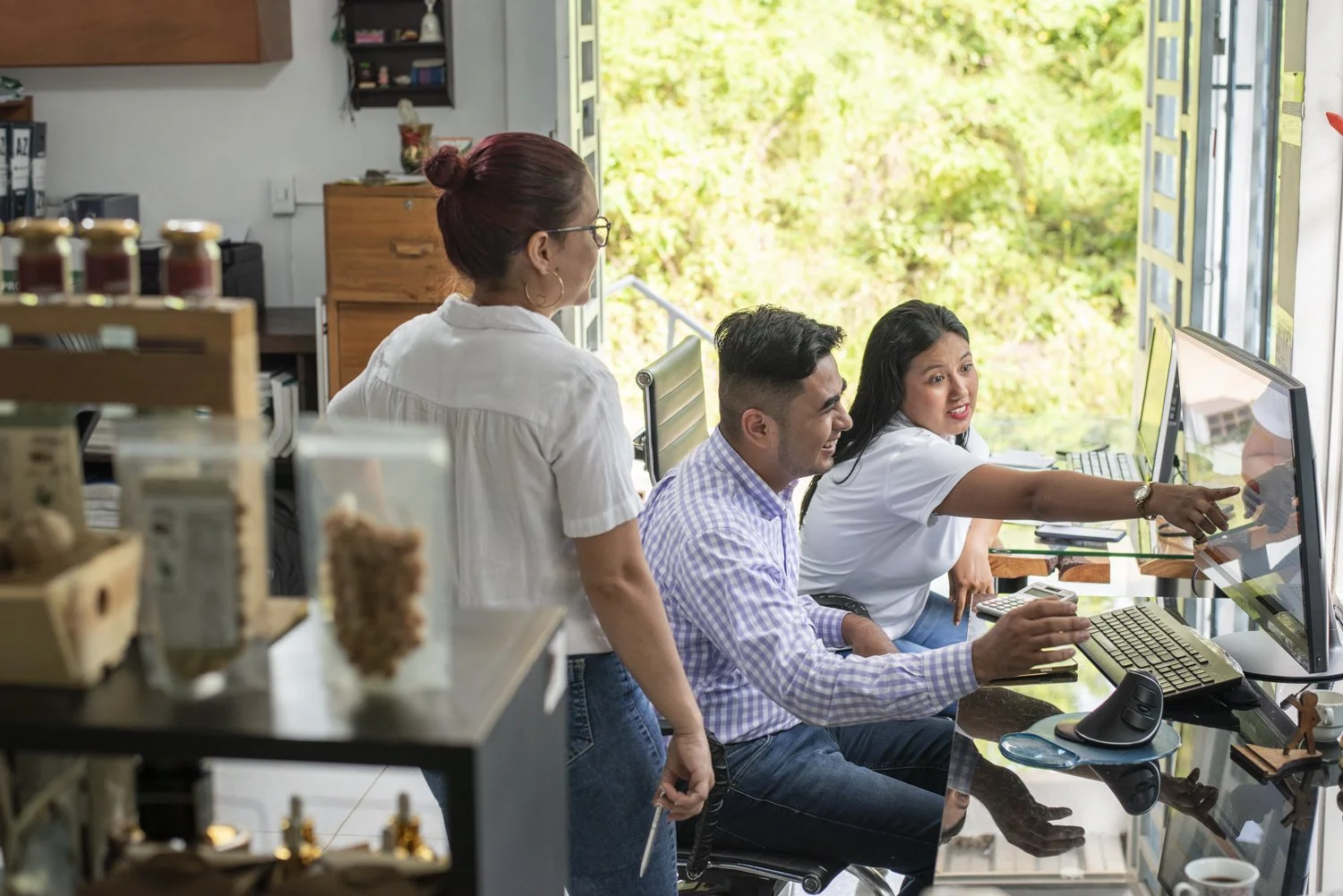NESsT is proud to announce that the Lirio Fund has surpassed $20 million USD in disbursements through 37 loans, which have contributed to over 1.5 million hectares of land preserved and 16,000 lives positively impacted.
The Lirio Fund reinvests in organic cooperative COAS to ensure steady income for close to 600 smallholder producers in Junín, Peru
Cooperativa Agraria Sonomoro del Vraem (COAS) joined the NESsT Lirio Fund in 2023 and has since received a revolving capital line of credit and a term loan to scale its cacao production, ensure steady income for its cacao producers, and strengthen its commitment to conserving local biodiversity. Based on the cooperative’s strong track record of sustainable operations in a volatile market, in 2025, NESsT renewed the cooperative’s revolving credit loan, ensuring it can continue to pay local producers for raw cacao while meeting the rising global demand for high-quality cacao.
The NESsT Lirio Fund Invests in Federación Campesina del Cauca, a Long-Standing Coffee Cooperative in Colombia
For over 50 years, FCC has worked to improve the livelihoods of small farmers in an area of Colombia greatly affected by armed violence. The NESsT Lirio Fund extends a revolving working capital line to this long-standing federation of coffee growers, complementing the strategic support it receives as part of the NESsT Acceleration Portfolio.
From Territories to Global Decisions: Communities at the Forefront of the Socio-Bioeconomy
Indigenous Peoples remain largely underrepresented in global decision-making spaces — revealing a contradiction between their leading role in protecting nature and their absence from the forums where environmental and economic policies are defined. This exclusion is no coincidence: it reflects historical, linguistic, financial, and political barriers that limit the access of those who live in and protect the territories to the tables where the future of biodiversity and the economy is decided.
Heading to COP30: Strengthening the Voices and Solutions of Amazonian Territories
Beginning next week, NESsT will participate in COP30 Brazil, in Belém, Pará — a historic conference that will place the Amazon at the center of global climate discussions and mark the largest Indigenous presence ever recorded in UN negotiations. We will be there alongside entrepreneurs from our Amazon portfolio, bringing experiences born in the territories and showing that the most effective climate solutions come from those who live in and protect the forest.

